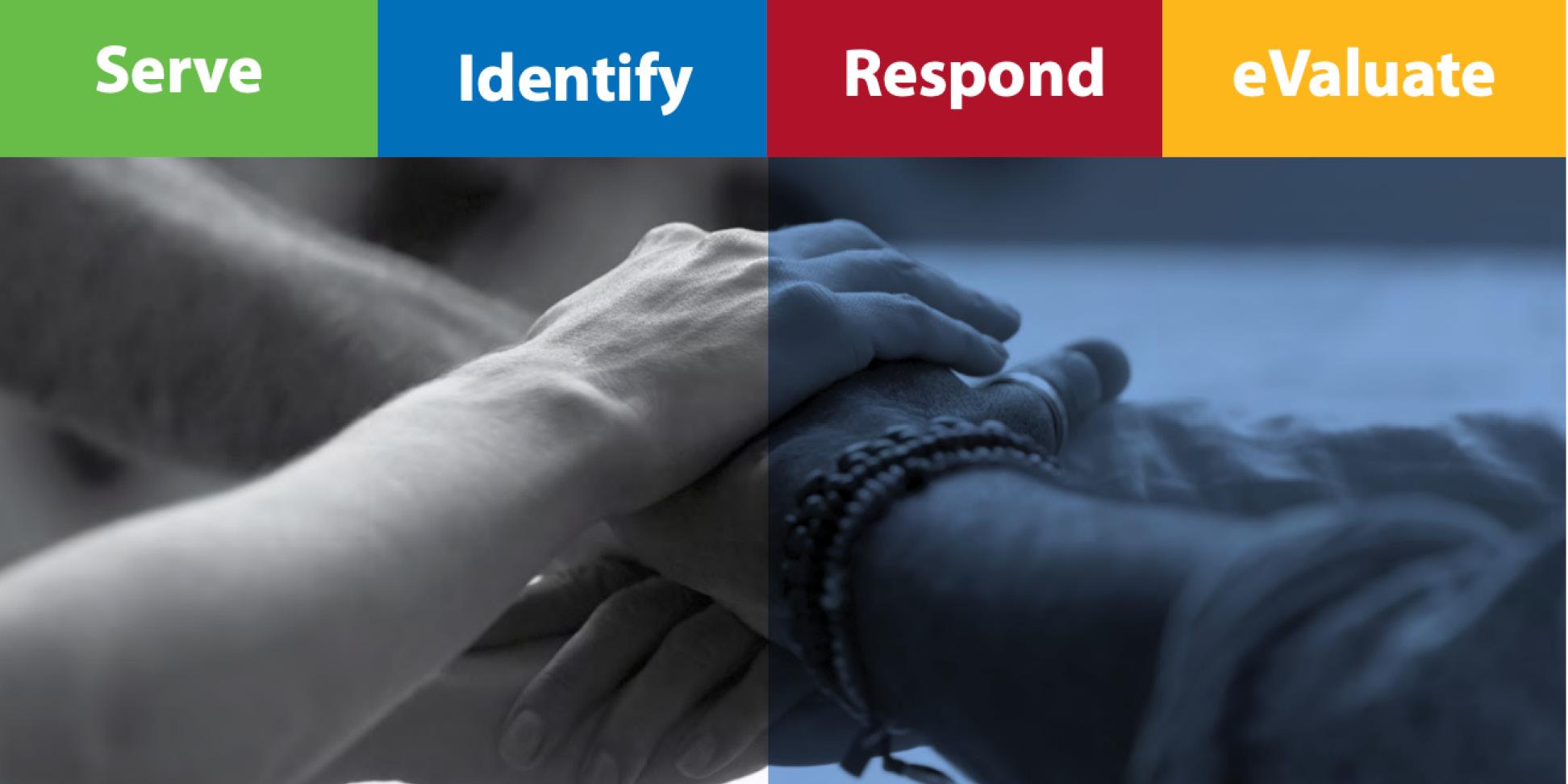
A new resource guide aims to equip Maryland health care providers with the tools to better identify, support and care for survivors of human trafficking. Developed by the Maryland Hospital Association, Maryland’s Human Trafficking Task Force, the University of Maryland SAFE Center For Human Trafficking Survivors, forensic nurse examiners and child abuse experts from hospitals across the state, the updated toolkit expands upon Maryland’s first Protocol for Health Care Providers, published in 2015.
As human trafficking becomes better understood as a public health issue, the comprehensive Human Trafficking: Guidelines for Healthcare Providers, released during Human Trafficking Awareness Month, includes recommendations for best practices when working with survivors of trafficking and resources from credible local, state and national organizations.
The guidelines focus on caring for survivors in a trauma-informed manner, following the SIRV framework—Serve, Identify, Respond and eValuate. They offer a step-by-step guide to equip hospitals to meet the needs of survivors, deliver care, and to support and empower these patients. Aligned with the Joint Commission’s directive that all hospital staff know how to identify victims of human trafficking, the guidelines explain when to involve law enforcement and what resources are available.
“Caregivers in Maryland’s hospitals are on the front lines of this crisis,” says Bob Atlas, president and CEO of the Maryland Hospital Association. “In fact, it’s a matter of when—not if—these caregivers will encounter a victim of human trafficking.”
“Our work in the medical space has been greatly facilitated by our partnership with the MHA,” says Susan Esserman, JD, founder and director of the SAFE Center. “We want health care providers to be well-equipped to recognize and support survivors of sex and labor trafficking from a trauma-informed and survivor-centered approach. These updated guidelines are a first step towards that.”
Studies show with certainty that survivors of trafficking are likely to have contact with the health care system during their abuse. One study found 88% of trafficked women and adolescents saw a physician during their exploitation. However, none were identified as victims of human trafficking by the providers they encountered.
“We hope to change this pattern by giving our caregivers the tools they need,” Atlas says. “Together, we can help to lessen the terrible impact in Maryland. And perhaps, in time, we can help eliminate human trafficking altogether.”
About the University of Maryland SAFE Center for Human Trafficking Survivors
The University of Maryland SUPPORT, ADVOCACY, FREEDOM, AND EMPOWERMENT (SAFE) Center for Human Trafficking Survivors provides survivor-centered and trauma-informed services that empower trafficking survivors to heal and reclaim their lives. The SAFE Center, which is part of the UMD School of Public Health, aims to prevent trafficking and better serve survivors through research and policy advocacy. The SAFE Center is an initiative of the University of Maryland Strategic Partnership: MPowering the State – a collaboration between the University of Maryland, Baltimore (UMB) and the University of Maryland, College Park (UMCP) and leverages the resources of the state’s two most powerful public research engines. For more information, visit umdsafecenter.org.
About the Maryland Hospital Association
The Maryland Hospital Association serves Maryland’s hospitals and health systems through collective action to shape policies, practices, financing and performance to advance health care and the health of all Marylanders. MHA will be Maryland’s most effective advocate for improving health care across our state and the health of all Marylanders. For more information, visit www.mhaonline.org.
Related Links: